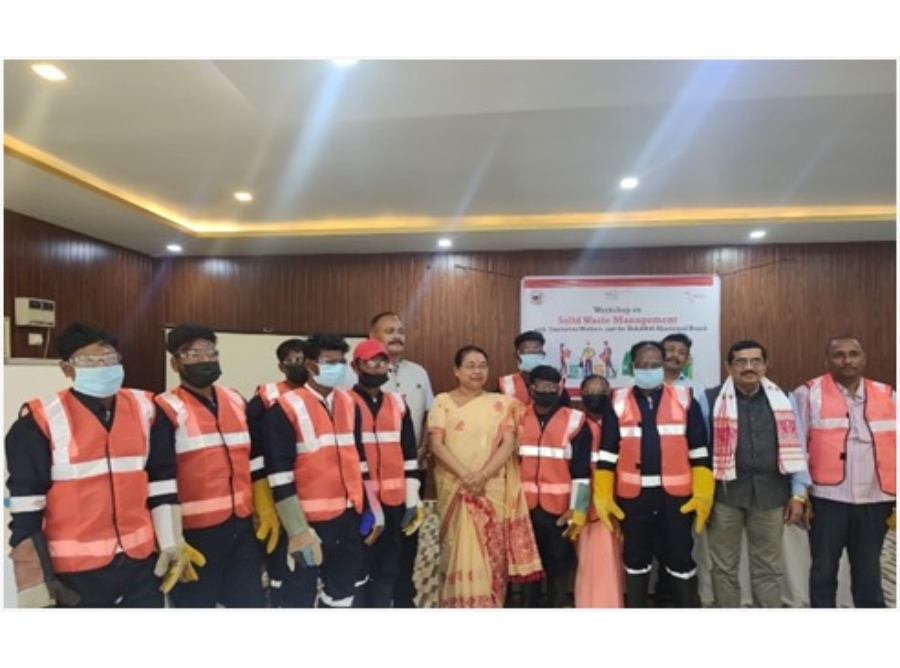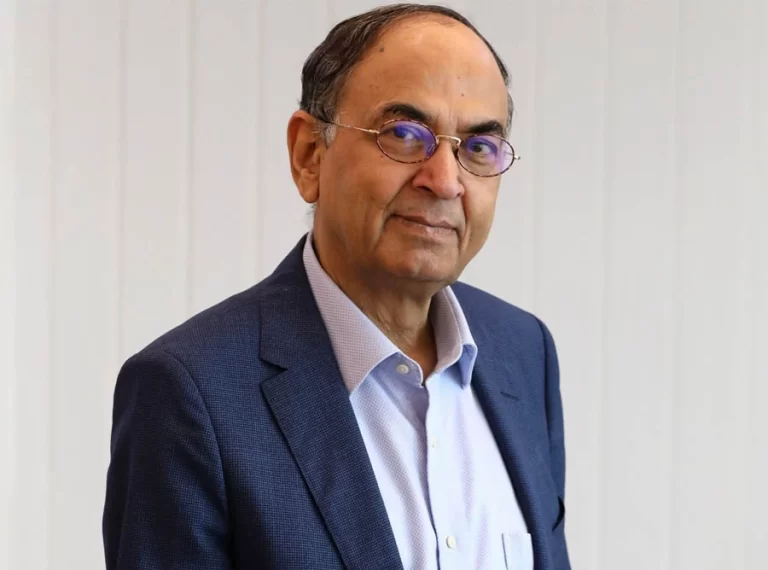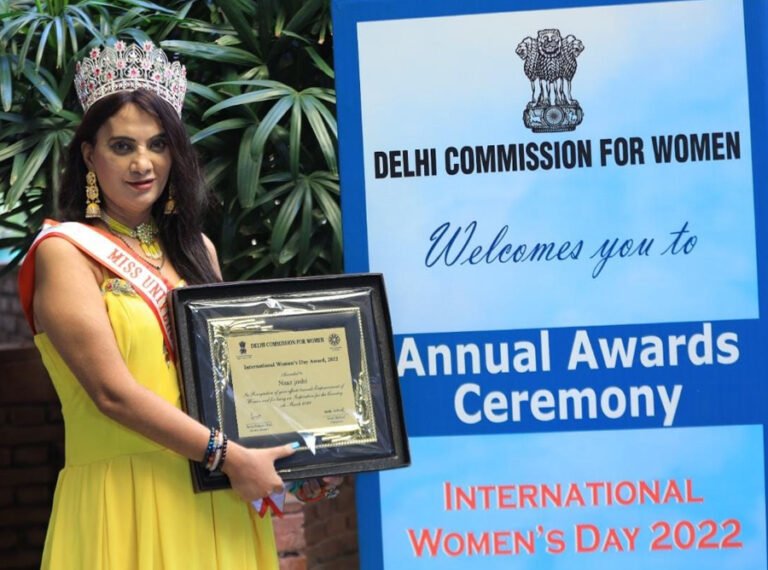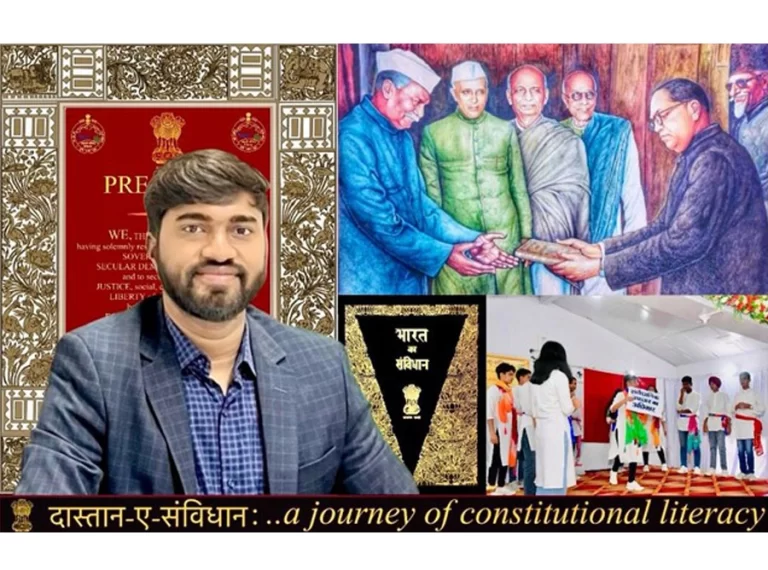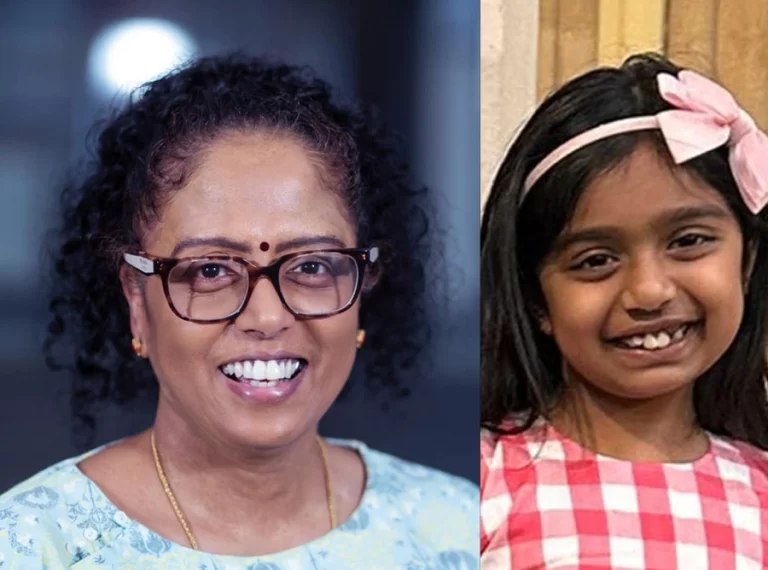This Assam Town Is Turning the Tide on Plastic Pollution
In Bokakhat, Assam, a small town near Kaziranga is leading by example—transforming waste management, reducing plastic pollution, and inspiring communities through grassroots action and environmental awareness.
Sanitary workers and staff of the Bokakhat Municipal Board during a training session on solid waste management. The session helped strengthen their understanding of waste handling, safety measures, and the 3R principles - Reduce, Reuse, Recycle.
New Delhi [India], June 5: Plastic is everywhere - in our
homes, on our streets, in our rivers, and even in the food we eat. What once
seemed like a cheap and convenient solution has now become one of the world’s
biggest environmental threats. From harming wildlife to polluting our oceans,
plastic waste does not just go away. It stays in our ecosystems for hundreds of
years, breaking down into tiny particles that enter our soil, our water, and
eventually, our bodies.
Beyond the long-term environmental damage, plastic pollution causes very real and immediate problems - especially in cities and towns across India. One of the most visible effects? Urban flooding. When plastic waste clogs drains and blocks natural water flow, even a short spell of rain can turn streets into rivers. Cities like Mumbai, Bengaluru, Chennai, and Guwahati have all experienced this in recent years. In many of these cases, the root of the problem was not just heavy rain - but plastic-clogged drainage systems that could not cope.
It
is this growing crisis that makes World Environment Day 2025 - focused on
‘Ending Plastic Pollution’ - so urgent. While policies and big-city plans get a
lot of attention, it is in smaller towns like Bokakhat in Assam where efforts
in tackling plastic waste are worth noticing.
Located just 23 kilometres from the famed Kaziranga National Park, Bokakhat has faced its own challenges with unmanaged waste, open dumping, and lack of awareness. A dumpsite near the Difloo River had become a symbol of years of neglect, threatening not just local water bodies, but also the ecological balance of the region.
In
2023, SEEDS (Sustainable
Environment and Ecological Development Society), a non-profit organisation
working across India on disaster resilience and climate action, launched a
Solid Waste Management project in Bokakhat. The aim was simple: stop the mess
at its source, engage the community, and build a system that lasts.
The
work began with door-to-door surveys, route mapping for garbage collection, and
regular clean-up drives. Municipal workers and local volunteers joined hands to
clean public spaces and talk to residents about the dangers of unsegregated
waste. Awareness programmes were held in colleges and Anganwadi centres.
Students were taught how plastics affect not just the environment, but their
own health and futures.
Over
time, more than 1,800 households were engaged. New systems were introduced to
track garbage vehicles, improve segregation, and inspect the town’s Material
Recovery Facility. Route maps were redesigned to make collection smoother and
reduce fuel use. Importantly, conversations around reducing single-use plastic
became part of daily life in Bokakhat.
The journey was not without obstacles. Delays in
distributing dustbins, rising vehicle costs, and gaps in coordination needed to
be addressed. However, what stands out is the shift in mindset. People now see
waste management not as someone else’s job, but as a shared duty.
Today, over 12,000 people have been directly touched through this intervention
in Bokakhat. While this may seem like a small number in a country of over a
billion, it shows that change does not always start at the top. Sometimes, it
begins in a quiet town near a wildlife sanctuary, where people decide they have
had enough of plastic clogging their drains - and their future.
This World Environment Day, as the world focuses on ending plastic pollution,
Bokakhat offers a story of hope - a story that proves real change is possible
when people come together - not just to clean their streets but to protect
their environment, their health, and the generations to come. Oftentimes, a
nudge and technical support are the entry point for communities to take charge
of their environments.

